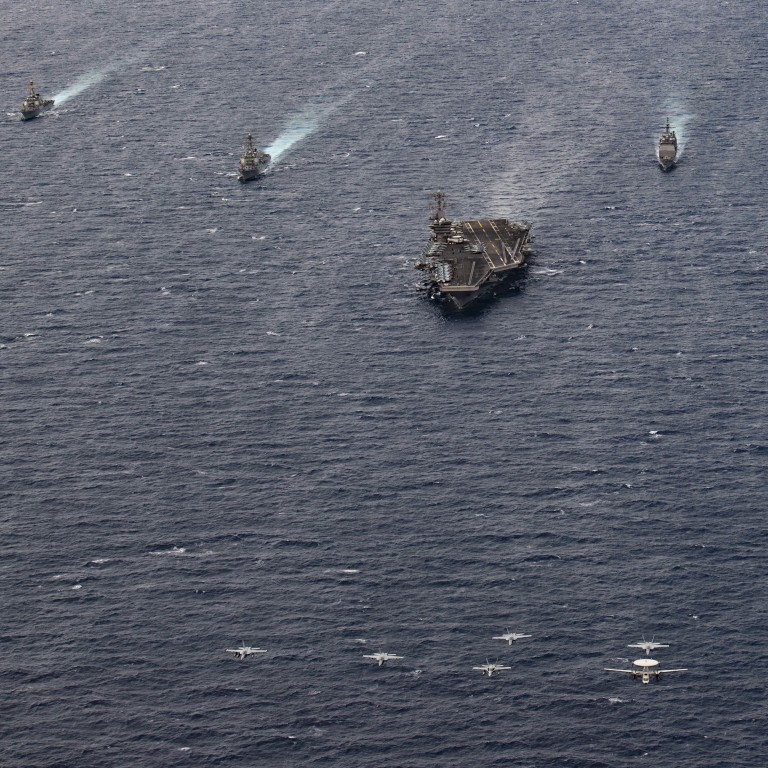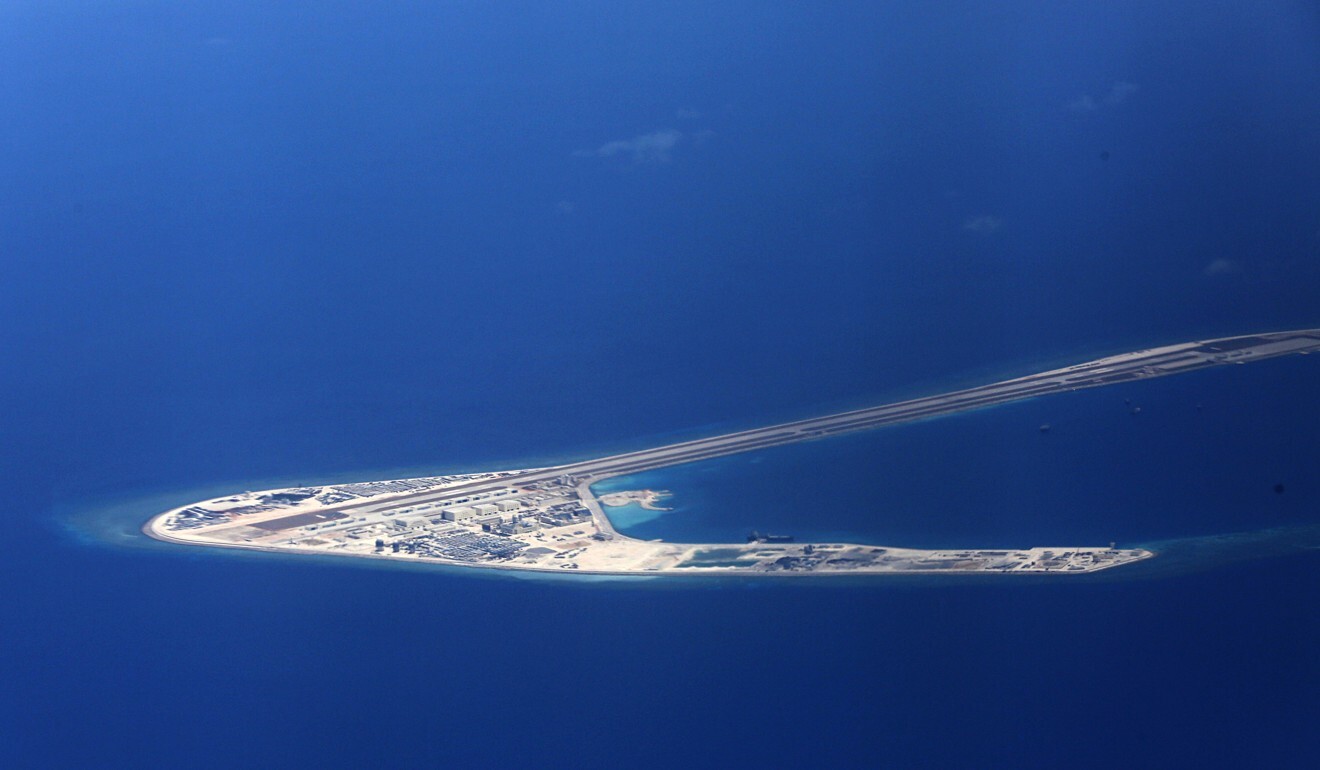
Beyond the US and China, European powers in the South China Sea will be a key focus of the dispute this year
- The likes of France, Germany and Britain have sought to signal that the row – and Chinese assertion in the area – is a matter of international concern
- With vessels from the three nations set to pass through the waterway, Beijing’s reaction could determine the dispute’s trajectory
At the time, the likes of Vietnamese ocean law scholar Trang Pham told me to closely monitor which countries were issuing notes verbale – or diplomatic notes – to the United Nations with regards to China’s “nine-dash line” claim.
There had not been such a flurry of notes over the dispute since 2009-11.
Hong Kong’s gig workers should be treated with dignity, not racism
Looking back, it was apt that Southeast Asian scholars such as Pham had insisted that claimants and interested parties involved in the South China Sea row had by no means put it on the back burner just because of the global health crisis.
On the contrary, even though the so-called Battle of Notes Verbale did not evoke the kind of anxiety among diplomats that erupts each time there is a near-miss naval encounter in the disputed waters, the cascade of memos was highly significant because of the almost unified message from the countries issuing them.

I recall these developments as in recent weeks I have been thinking about the likely trajectory of the dispute this year.
Going by the past eight weeks, my bet is that activities in the waters by outside powers besides China and the US could be a key focus in 2021.
The likes of France, Germany and Britain have sought to signal that the sea dispute – and Chinese assertion in the area – is a matter of international, not regional, concern.
China in turn has characterised their intimations as the result of American puppeteering.
Can Asian nations overtake China on kicking CO2 to the curb?
My understanding from Southeast Asian sources is that the region largely welcomes these peacetime missions as they give credence to the position that the South China Sea is not any single country’s sovereign pond. China’s reaction could determine the tone and tenor of the dispute this year.

